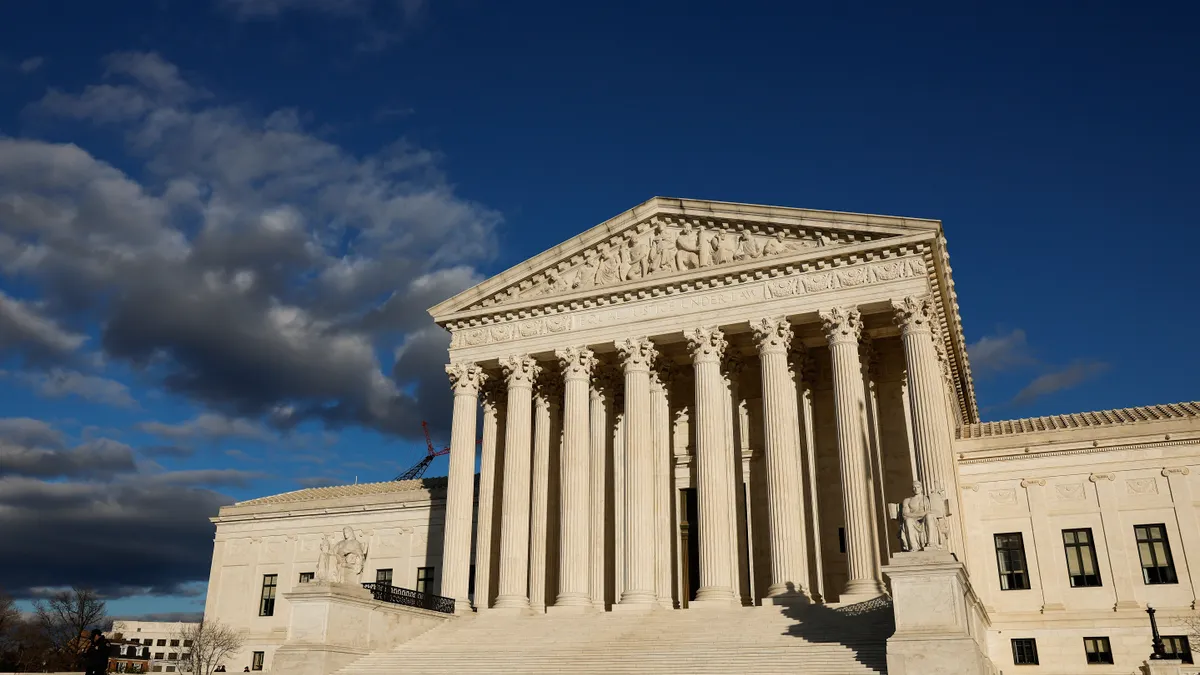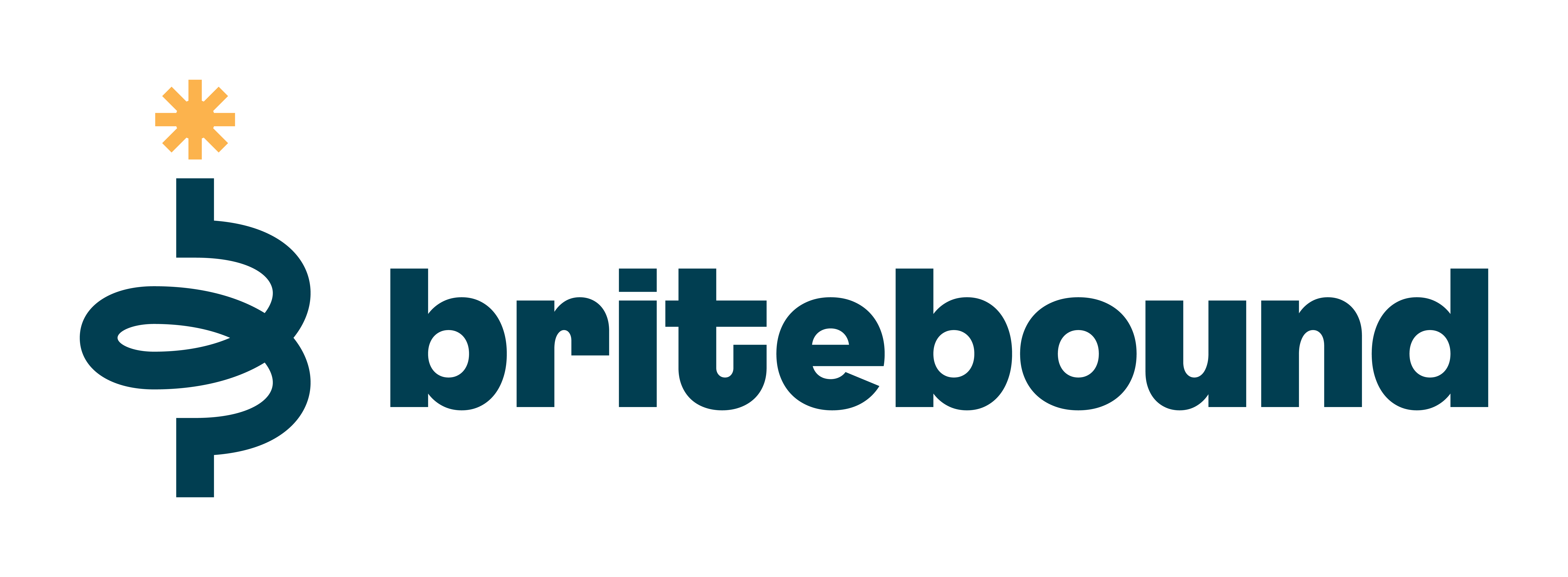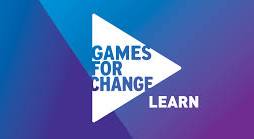Dive Brief:
- Board members for the pro-charter Great Lake Education Project are refusing to apologize for a racially charged tweet comparing state Superintendent Mike Flanagan to former Alabama Gov. George Wallace.
- The tweet read, "Barring Education Opportunity at the School House Door" and paired a picture of Flanagan with an iconic photo of Wallace stopping black students from entering a school. It has since been deleted.
- While the tweet has been deleted and the GLEP twitter handle explained that the tweet was inappropriate, board members of the group are not budging. "There's no apology for that tweet, nor the issue that it's raising," board member Greg McNeilly told MLive.
Dive Insight:
In the opinion of GLEP, Flanagan is "barring education opportunities" by being hard on charter school authorizers and placing 11 of the state's 40 authorizers on an "at-risk of suspension" list. This move jeopardizes GLEP's desire for competition and choices. The fact that the 11 penalized authorizers were overseeing schools with dismal academics and opaque finances doesn't seem to be viewed as an unfair educational opportunity to GLEP. While not all charter schools are bad and not all public schools are good, it becomes difficult to have a debate when advocacy groups refuse to acknowledge their side's own failings.
After the release of the Detroit Free Press' investigation of potential issues in charter schools, it probably would have been a good time for GLEP and other charter advocates to say, "Maybe we can improve in these specific areas." Instead, many have denied the issues raised by the paper or moves by Flanagan to remedy these issues. This hard-line stance, in many ways, hurts the organizations' validity, as those in the community begin to wonder what their overarching goals are and why they are defending the school model so ardently.
As the Free Press wrote in an editorial response to this tweet debacle, "By standing in the way of change, GLEP and other charter school advocates are suggesting that this is good enough and government attempts to demand more interfere with 'innovation' or 'freedom.' They’re suggesting that the state’s poor and black children don’t deserve better than what the charter movement has created. That’s discrimination — the discrimination of low expectations and the accompanying struggle to maintain the very status quo that has kept those expectations low. Isn’t that the real bigotry?"












